Forth Valley Veterinary Clinic Blog
Our top tips and useful information regarding pet and animal health…

Hind Dew Claws
Some dogs have ‘em, some dogs don’t!

Dairy Products
Easter... my favourite holiday. They only time you can eat chocolate for breakfast without the guilt 🤤
Unfortunately the same isn’t for our fur babies. During the month of April we will be doing mini blog posts on dangerous foods for your pets!

Fatty Foods
All foods high in fat and salt can lead to a major stomach upset and in more serious cases, Pancreatitis. This happens when the pancreas becomes inflamed. The pancreas is an organ near the stomach that helps digest food, control blood sugar and is responsible for releasing enzymes that aid in digestion. When the organ is working normally, the enzymes become active only when they reach the small intestine.

Ah Choo!
Ah Choo! Or it this case *scratch scratch 😤

Xylitol Toxicity
Xylitol is widely used as a sugar substitute and is found in a variety of products, but of late has been added to some low sugar peanut butter brands.

Flea Allergy Dermatitis
Flea Allergy dermatitis or flea bite hypersensitivity is one of the most common dermatologic disease. Cats also develop FAD, which is one of the major causes of Feline Miliary Dermatitis. FAD is most prevalent in the summer, although in warm climates flea infestations may persist throughout the year. Temperature extremes and low humidity tend to inhibit flea development.

Helping Children with a Fear of Animals
This post is not meant to be professional psychological advice for children with anxiety disorders, but rather a discussion of general ways that we can help prevent children developing a fear of animals and help relieve this.

Otitis
Otitis ‘inflammation of the ear’ is a common condition in dogs and is occasionally seen in cats.

Separation Anxiety
There are many reasons why dogs display problem behaviours when they are left alone. Boredom can be a common factor or it can often be a training issue. For some dogs it is due to the animal not being able to cope normally with separation from their owner.

Zylekene
Zylkene is a complementary feed for cats and dogs that contains a natural product derived from Casein, a protein in milk. It is a molecule well known to promote the relaxation of newborns after breastfeeding.

Fear Aggressive
Why do dogs become fear aggressive?

Problem Behaviour Vs Behavioural Problems
This may be controversial, but…pets are not people! Even if many of us love our fur-babies as much as most people (ok, more than 😉)!

Early Development and Exposure
A dog’s fear of strangers may be inherited, but some studies have shown that the experiences in early development and socialisation can trump the effect of genes. Neglectful or aggressive mothering, and relationships between siblings can influence your dog’s later psychological development.

Triggering
Negative associations from the past or unfamiliar stimuli can be triggers that generalise from one specific trigger, to wider and wider categories of events. Some fears can produce a state of hyper-arousal and chronic stress in your dog.

Train your Dogs Response
All dogs have many different triggers that can cause a fear response.
Unfamiliar dogs and people are common triggers. Loud noises can also be very problematic for fearful dogs. Fireworks are especially terrifying, trucks, motorbikes and excessively noisy cars can also be problematic.
Retraining your dogs response is vital for your dogs mental health and to help reduce stress and stressful situations.

Compassion
We’re feeling sad. One of our patients died. One of the vets spent an enormous amount of their own time working on this patient. There is a feeling of deflation.

Xylitol Toxicity
Xylitol is extremely toxic to dogs and symptoms usually develop rapidly. It is quickly absorbed into the dog’s bloodstream, resulting in a potent release of insulin from the pancreas. This rapid release of insulin causes a rapid and profound decrease in the level of blood sugar (hypoglycaemia) which left untreated, can be life threatening.
Our staff are wildly passionate about animals and making sure your pet is living its healthiest and happiest life
Back that passion with expert qualifications and a love of learning, and it’s safe to say your fur family is in very safe hands.
